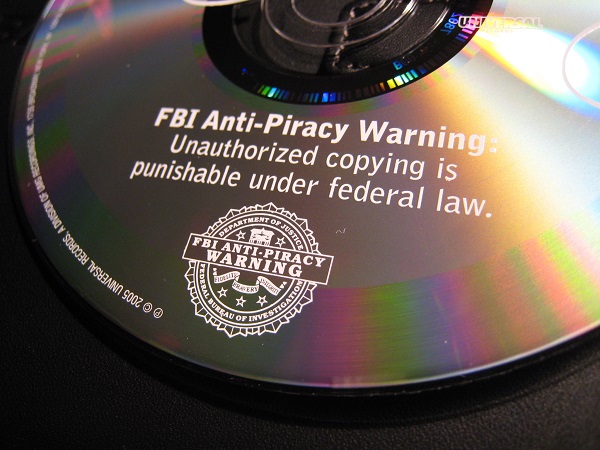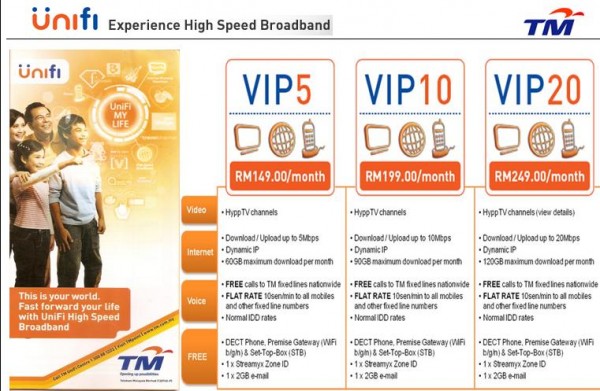
If we were to listen to the recording music industry, we would be inclined to believe that the future of music is doomed to failure. All because of the unscrupulous actions of pirates who illegally download and share music. The truth of these statements is a matter of debate. Really, I don’t want to go into it.
However, it’s quite true that people download and share music. And it probably is very illegal to do so. In fact, piracy is the major reason that this region doesn’t have access to services like Netflix (except for Singapore). A report by the International Intellectual Property Alliance (IIPA) in 2010 states that 25% of losses by the entertainment industry are internet based. Worse, 99% of all song copies on the internet in Malaysia are infringing some sort of copyright.
Continues after the jump
Just the basics

And we accomplished it mostly without broadband. In 2010, broadband penetration was at 55.6%. It sounds pretty good, but that number was thrown off by the 123% penetration in the Kuala Lumpur. Averages are oddly misleading.
During this time, we didn’t really have many legal options for obtaining music. Online music stores didn’t serve anyone outside their favoured regions. Physical CDs weren’t exactly widespread or easy to obtain; or cheap. At least the legal ones weren’t. And frankly, pirated CDs were only worth it if they were movies or games. It was always easier to download music.
Fixing the problem

As of late Deezer, Spotify, Rdio, and a few other music streaming services have entered our country. The idea is that they believe Malaysians will pay for music if given a convenient, low cost method of doing so. Sriram Krishnan, Head of New Markets for Asia Pacific, Spotify made a very good point in an interview around the time Spotify was first launched in Malaysia. He says that consumers don’t really care if music is legal or illegal, they care if it’s free. As a consumer, it’s very hard to argue with that logic.
Fortunately, this is also the internet we’re talking about. So it’s not all bad. People are willing to actually pay for convenience. More importantly, they are also ready to give money to things they like. Altruism is not yet lost to the world. For instance, while Spotify works fine for free but about a quarter of their 24 million users actually subscribe and pay money to use the service.
So it’s not entirely about getting free stuff. Although how many of those people are Malaysian is still uncertain. Mostly because none of the services track user details by country.
It should put a dent in piracy though. Simply because it’s so much easier to get music through streaming. You don’t even have to know what you’re looking for. More importantly, there isn’t any waiting around waiting for someone to seed that slightly unusual music you listen to (like Professor Elemental). Plus, the radio option allows user to just tune in and not waste time doing things like compiling playlists.
The actual problem

The thing is that the effectiveness of this sort of thing is limited by the deployment of highspeed broadband. MOSTI reports our national broadband penetration at 66% in the end of 2012. With a population of over 24 million, that’s more than a substantial amount. Naturally, this number is thrown off by Kuala Lumpur which has more than 100% broadband penetration.
Unfortunately, that also means that not everyone will be able to stream music. Anyone remember the days of waiting for pages to load. 56K modems? Those still exist. Outside the cities of course. Where people are more likely to pirate music simply because it’s less maddening to do so.
There is the option to subscribe to the service and have offline playback. But really, RM15 doesn’t sound like a lot to a city dweller who is used to getting ripped off. But it can be stretched quite far outside city centres. Plus, without the convenience of rapid downloads it makes sense to use torrents. It’s why World of Warcraft uses the system to push updates to users.
Plus, remember, people care if the music is free; not if it’s legal. Meaning that all those infringing copies of music on the internet aren’t going away. Not until the entire country gets wired up.
So does it help?

Yes it does. Crowdsourcing has proven that people are more than willing to pledge their monetary to acts they enjoy. Kickstarter is a good place for an example. So yes, free music streaming will reduce piracy. Plus, the income from advertising will give back to the industry and pay more than a few bills. Spotify itself is hoping to give US$ 1 billion back to the music industry by the end of the year. Most of that coming from advertising really.
But it won’t completely eradicate piracy. Streaming itself is highly dependent on an advanced infrastructure. Reduction is probably the best that the corporations can hope for. Chances are, the extra income from the services will take the sting off the losses from illegal downloads.


